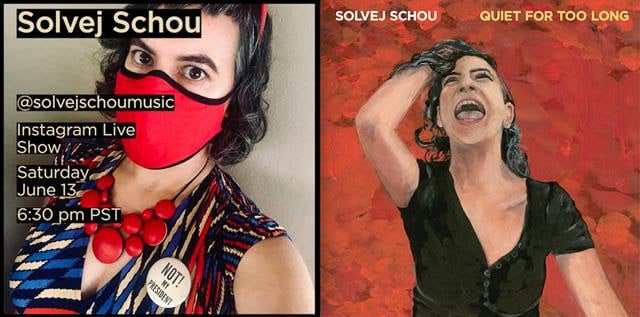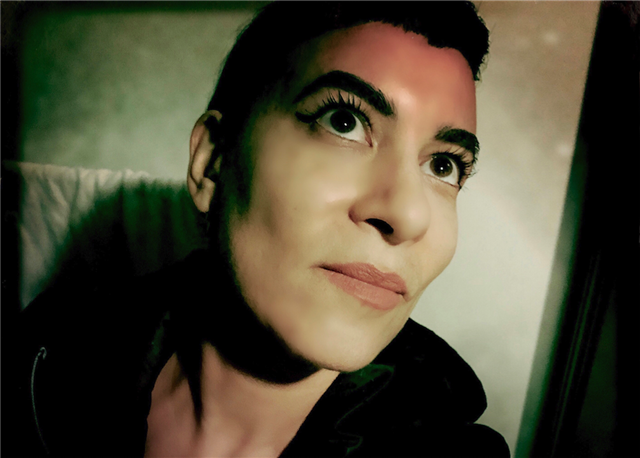Growing up in Hollywood, I began unleashing torrents of loss by singing and writing. My mom had died of cancer when I was a kid, a week before my birthday. My late grandma was a Jewish-Polish Holocaust survivor whose young son and family were killed by the Nazis. She, my mom—born in a relocation camp—and my zeyde (Yiddish for grandpa) came to the U.S. as refugees when my mom was a baby, after World War II. So when I first heard Patti Smith’s 1975 debut album Horses, introduced to me by my Los Angeles public high school English teacher in the mid-‘90s, and her 1996 comeback album Gone Again, I found a pillar of rock ‘n’ roll resilience who was unafraid to sing poetically and boldly about loss and injustice.
The best show I ever saw was Smith performing in October 1997 at CBGB in New York City—her first time in more than a decade playing at the legendary club—during my first year of college in NYC. Just a year earlier, as an L.A. high school senior, I saw her play a packed, emotional show at the Roxy—her first time performing in L.A. in 20 years—with my dad. During the Roxy show, she passionately sang songs from Gone Again, an album mourning the deaths of her husband (MC5’s Fred “Sonic” Smith), her former bandmate Richard Sohl, Kurt Cobain, her brother Todd and her longtime friend and collaborator Robert Mapplethorpe. After that show, with her words of grief and grit swimming in my skull, I wrote the poem “Homage to Patti Smith.” So when I went to CBGB with my college friends, I nervously brought a print-out of the poem and a bright red rose to give my musical hero.
Before her set, I made my way backstage, by CBGB’s graffiti-splashed bathroom, to present Smith my gifts. Sitting silent and still, she took both, staring at me. Then squeezing myself directly in front of the stage, I stood transfixed, pressed in by bodies and heat, as Smith and her band played their sweaty and triumphant three-hour set. They ricocheted from Smith’s 10-minute opus “Land” and her chanting “G-L-O-R-I-A!” singing “Gloria” to the protest anthem “People Have the Power.” At one point, she reached into her jacket pocket and pulled out the rose I gave her earlier, pulling petals off of it and ripping it up onstage. I was mesmerized that night, watching her. She was a 50-year-old woman unearthing her musical past and surging into her musical future, and I felt eternally inspired as a singer, a woman and a human being.
Solvej Schou is livestreaming at 6:30 p.m. PT on Saturday, June 13 via Instagram. Her “No One Can Take Our Love” video, by animator and artist Meejin Hong, is out now. Of that video, she says:

Advertising disclosure: We may receive compensation for some of the links in our stories. Thank you for supporting LA Weekly and our advertisers.

